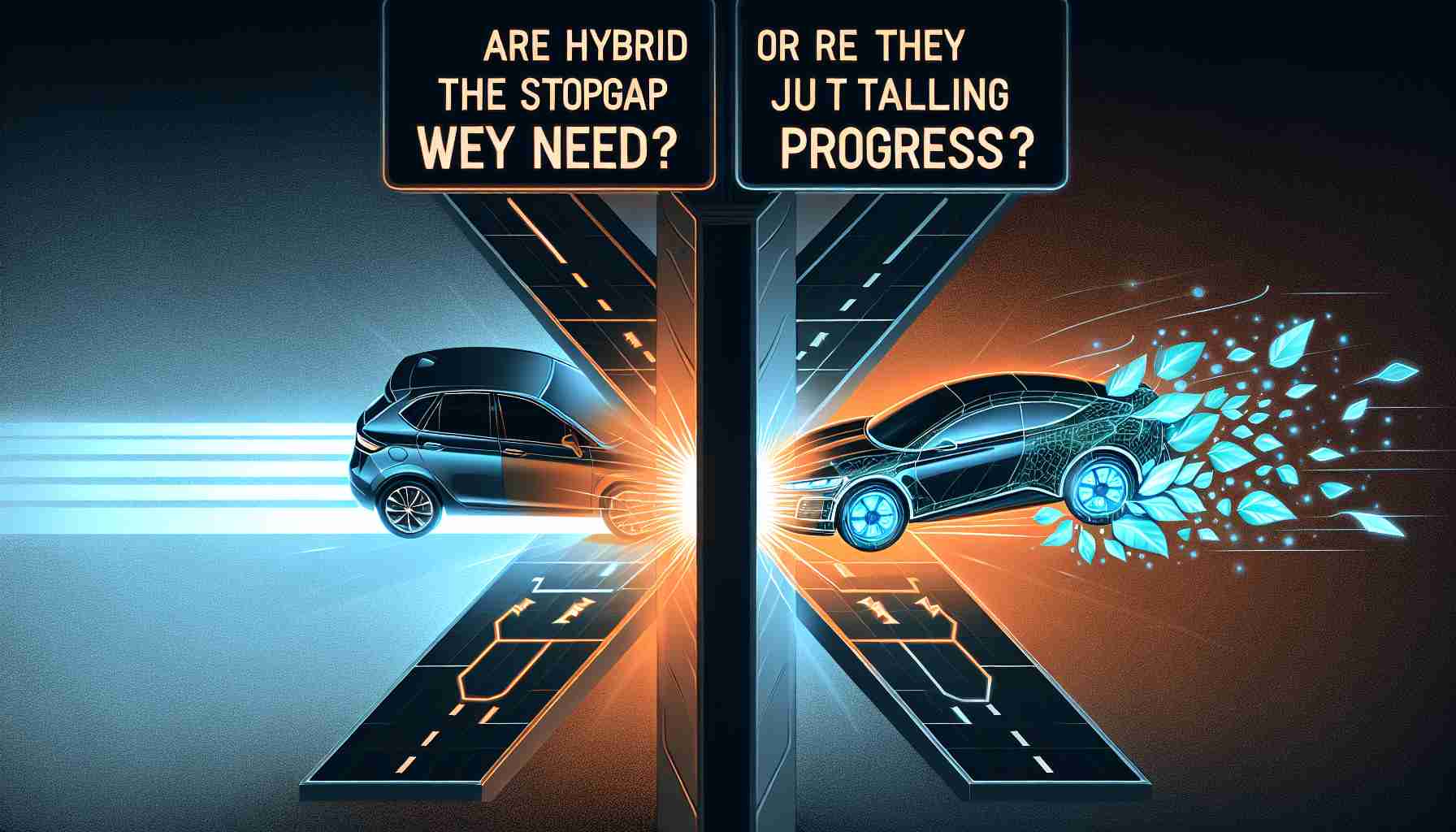Reimagining the Commute Landscape
The advent of hybrid electric vehicles is reshaping the automotive sector, challenging both enthusiasts and regulators alike. Xpeng’s recent unveiling of its innovative “Kunpeng Super Electric System” signals a possible shift in transportation dynamics, raising pertinent questions about its impact on daily life and sustainability.
Navigating Infrastructure Challenges
Xpeng’s revolutionary approach to extended-range technology redefines perceptions of electric vehicles, offering a practical alternative for areas with underdeveloped power infrastructure. By leveraging an internal combustion engine as a backup, these hybrids make electric mobility more feasible for regions that struggle with reliable charging facilities, notably benefiting rural and remote communities.
A Catalyst for Investment
The increasing popularity of extended-range hybrids could spur nations with limited charging networks to embrace these technologies more earnestly. For regions like Africa and parts of Asia, the shift may catalyze further investment in supporting infrastructure, acting as a stepping stone towards fully electric mobility.
Environmental Dilemmas
Despite their promise, hybrids are not free from controversy. Skeptics argue they compromise the growing commitment to emission reduction. Relying on combustion engines might detract from more sustainable energy goals, potentially slowing down renewable energy investments and comprehensive infrastructure rollouts.
The Global Perspective
As China leads this hybrid charge, questions linger on whether other regions will follow suit or stick to purely electric ambitions, championed by pioneers like Tesla. The global response will undoubtedly shape the future landscape—is this a path towards cleaner technology or merely a temporary deviation?
Looking Ahead
Ultimately, while hybrid innovations could disrupt the automotive industry, they also spark debates about their long-term role. Will they pave the way for greener realities, or delay the pursuit of truly sustainable solutions? The conversation, and markets, remain fluid as nations navigate this evolving terrain.
Hybrid Vehicles: A Step Forward or a Roadblock to Sustainable Mobility?
The rise of hybrid electric vehicles has sparked a flurry of discussions, not only regarding their technical capabilities but also about their broader implications for the future of transportation. The debate extends beyond their innovative technology, delving into economic, environmental, and social dimensions.
Economic Opportunities and Hurdles
A fascinating aspect of hybrid vehicles is their potential to stimulate economic growth by fostering new manufacturing and tech jobs. However, this is counterbalanced by concerns over the displacement of jobs in traditional automotive sectors. The financial viability of hybrids is also a topic of debate, particularly when considering the upfront costs against long-term savings in fuel efficiency.
Environmental Impact in Question
While hybrids present an opportunity to transition toward greener technologies, their reliance on combustion engines introduces environmental controversies. The manufacturing process of hybrids, particularly concerning battery production and disposal, raises questions about whether they truly offer a net positive environmental impact.
Are Hybrids Truly Bridging the Gap?
While these vehicles might seem like a bridge to a fossil-fuel-free future, critics worry they could slow momentum toward more aggressive renewable energy goals. Can hybrids legitimately claim to be future-proof, or are they a mere stopgap that could stall advancements in pure electric solutions?
The Role of Policy and Regulation
Government policy and regulation will play pivotal roles in steering the hybrid vehicle debate. Will incentives favor hybrids as a transitional technology, or will they focus on pushing the envelope further toward electric vehicles?
The trajectory of hybrid vehicles remains uncertain. As this landscape evolves, stakeholders from all sectors will need to weigh in on these critical issues. For more insights on the future of transportation, explore the wealth of knowledge available at leading automotive innovators.



















